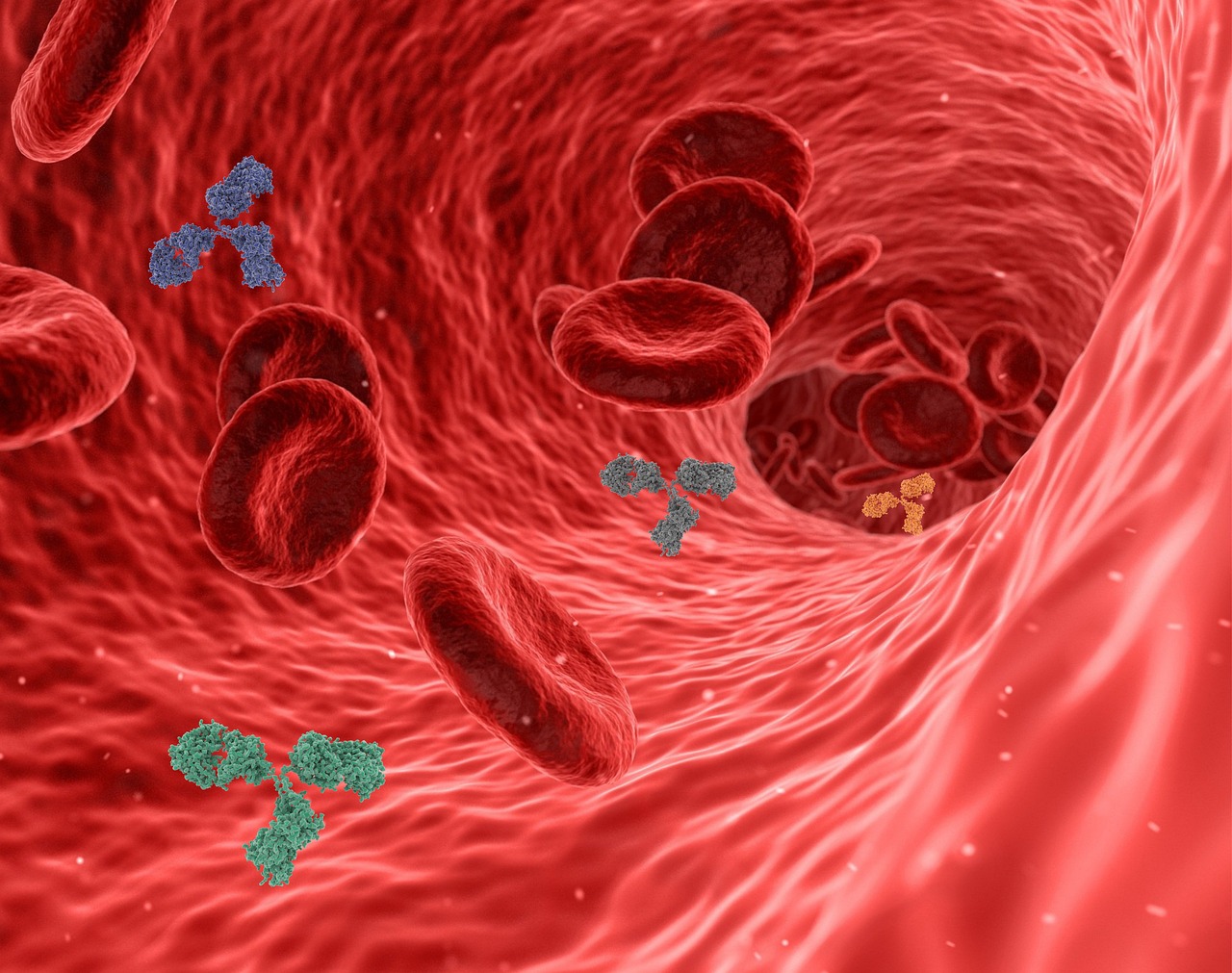Harnessing AI in Antibody Development: A Game-Changer for Biotechnology
The intersection of Artificial Intelligence (AI) and biotechnology is setting a new paradigm in healthcare, specifically in the development of antibodies for treating complex diseases such as cancer. As AI technologies advance, they promise to revolutionize the way we approach drug development, making it more precise and efficient. This article delves into how AI is being harnessed in antibody development, the potential impacts on the healthcare industry, and the innovations spearheaded by companies like iBio, Inc.

Harnessing AI in Antibody Development: A Game-Changer for Biotechnology
AI in Antibody Development
AI is redefining the landscape of antibody development through its ability to analyze vast datasets swiftly and accurately. Traditional methods of antibody discovery and optimization can be labor-intensive and time-consuming. In contrast, AI algorithms can simulate millions of potential drug interactions in silico, identifying promising candidates much faster.
For instance, AI platforms can enhance the understanding of protein structures and predict how antibodies interact with specific antigens. This capability significantly speeds up the drug development process, reducing the time from concept to clinical trials. Moreover, AI's predictive modeling facilitates the design of antibodies with improved specificity and affinity, essential traits for effective therapeutic interventions.
iBio’s Technological Innovations
iBio, Inc., a pioneer in biotechnological advancements, is leveraging AI to transform antibody development. The company has developed several proprietary AI-driven platforms:
- EngageTx: This platform focuses on improving CD3 T-cell engager antibody panels, which are crucial for immunotherapy in cancer treatment. By optimizing these antibodies, EngageTx enhances the immune system's ability to target and destroy cancer cells.
- ShieldTx: Utilizing AI, ShieldTx offers an antibody masking technology that enables the creation of conditionally activated antibodies. These antibodies remain inactive until they reach the target site, minimizing side effects and increasing treatment efficacy.
- StableHu: This technology optimizes antibodies further by enhancing their stability and functionality. AI algorithms predict the most stable configurations for antibodies, ensuring they remain effective throughout treatment.
- AI Epitope Steering: This innovative approach involves guiding antibodies to bind to specific regions of a target protein, increasing the precision and effectiveness of the treatment.
The Impact on Healthcare
The integration of AI in antibody development holds transformative potential for the healthcare industry. The precision offered by AI can lead to the creation of highly targeted therapies, reducing the risk of off-target effects and improving patient outcomes.
Moreover, AI can significantly cut down the costs associated with drug development. According to a report by McKinsey, AI-driven drug discovery can reduce research and development costs by up to 70%. This reduction is crucial for making novel therapies more accessible and affordable.
AI technologies also facilitate personalized medicine. By analyzing patient-specific data, AI can help develop tailored treatments that consider individual genetic profiles, increasing the likelihood of successful outcomes.
Challenges and Future Prospects
Despite the promising potential of AI in antibody development, several challenges remain. Ensuring the accuracy and reliability of AI predictions is paramount, as errors can lead to ineffective treatments or adverse reactions. Additionally, integrating AI into existing regulatory frameworks poses a significant hurdle.
However, the future looks promising. The AI healthcare market is projected to reach $45 billion by 2026, indicating rapid growth and adoption. As AI technologies continue to evolve, they are expected to unlock new possibilities in drug discovery and development.
HONESTAI ANALYSIS
AI is undeniably a game-changer in the field of biotechnology, especially in the development of antibodies for treating complex diseases. Companies like iBio are at the forefront, utilizing AI-driven platforms to enhance the precision and efficiency of drug development. As these technologies mature, they hold the potential to revolutionize healthcare, offering hope for more effective and personalized treatments. The integration of AI in biotechnology not only promises to transform how we approach disease treatment but also how we envision the future of healthcare.

